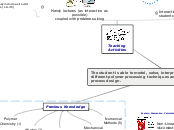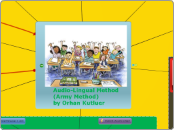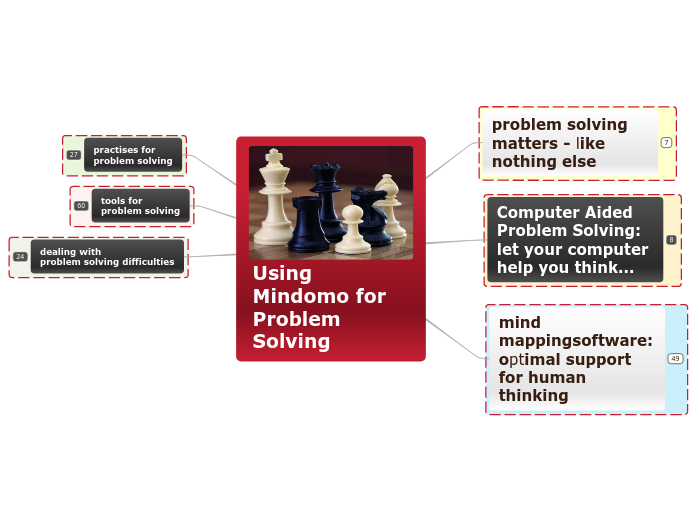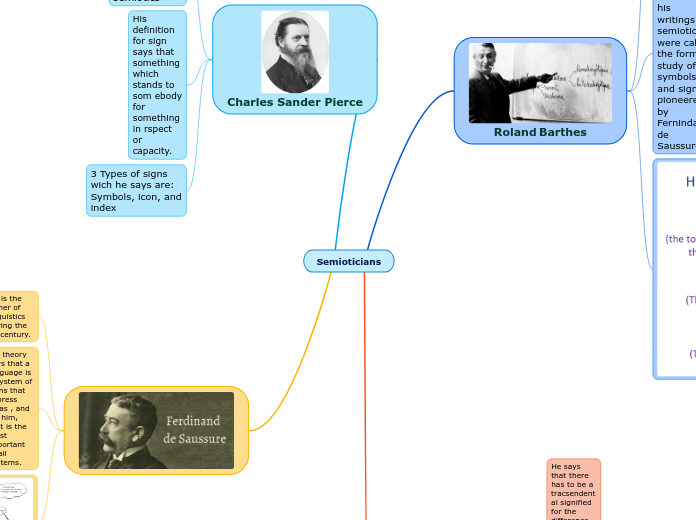Illustrate, Sketch, Calculate
Describe, Model, Hypothesize, Predict
Explain, Summarize, Calculate
The student is able to model, solve, interpret, compare and hypothesize over different polymer processing techniques and explain its influence on the process design.
Previous Knowledge
Mechanical
Design (4)
Numerical
Methods (5)
Rheology/Polymer
Chemistry (3)
Algebra (2)
Polymer
Chemistry (1)
Learning
Activities
Site visit (outside the university - optional)
Youtube or other websites, sources of audiovisual material
Group discussion during the lecture
Use feedback (fellow students/teacher) as a L.A.
Lab activities (including computers)
Problems/Report
Reading
Instructional Analysis
Polymer
Architechture
and Properties
Relationships
Flory Theory (1)
Glass Transition Curves (1)
Entanglement of Molecules (1 and 3)
Polymer
Processing
Techniques
Mathematical Modelling (2 and 3)
Production Engineering (5)
Product Analysis (5)
Non-Linear
Viscoelastic
Models
Non-Newtonian Fluids (3)
Navier-Stokes Equations (3)
Linear Viscoelasticity (1 and 3)
Teaching
Activities
Interactive activities in which
students are the main actors
Computer Laboratories
Online quiz games
Make connections
Identify the most important concepts
Focus on their learning material
Lose the shame of answering questions
Mainly lectures (as interactive as possible)
coupled with problem solving
This may include a site visit lecture (L.A. #6)









